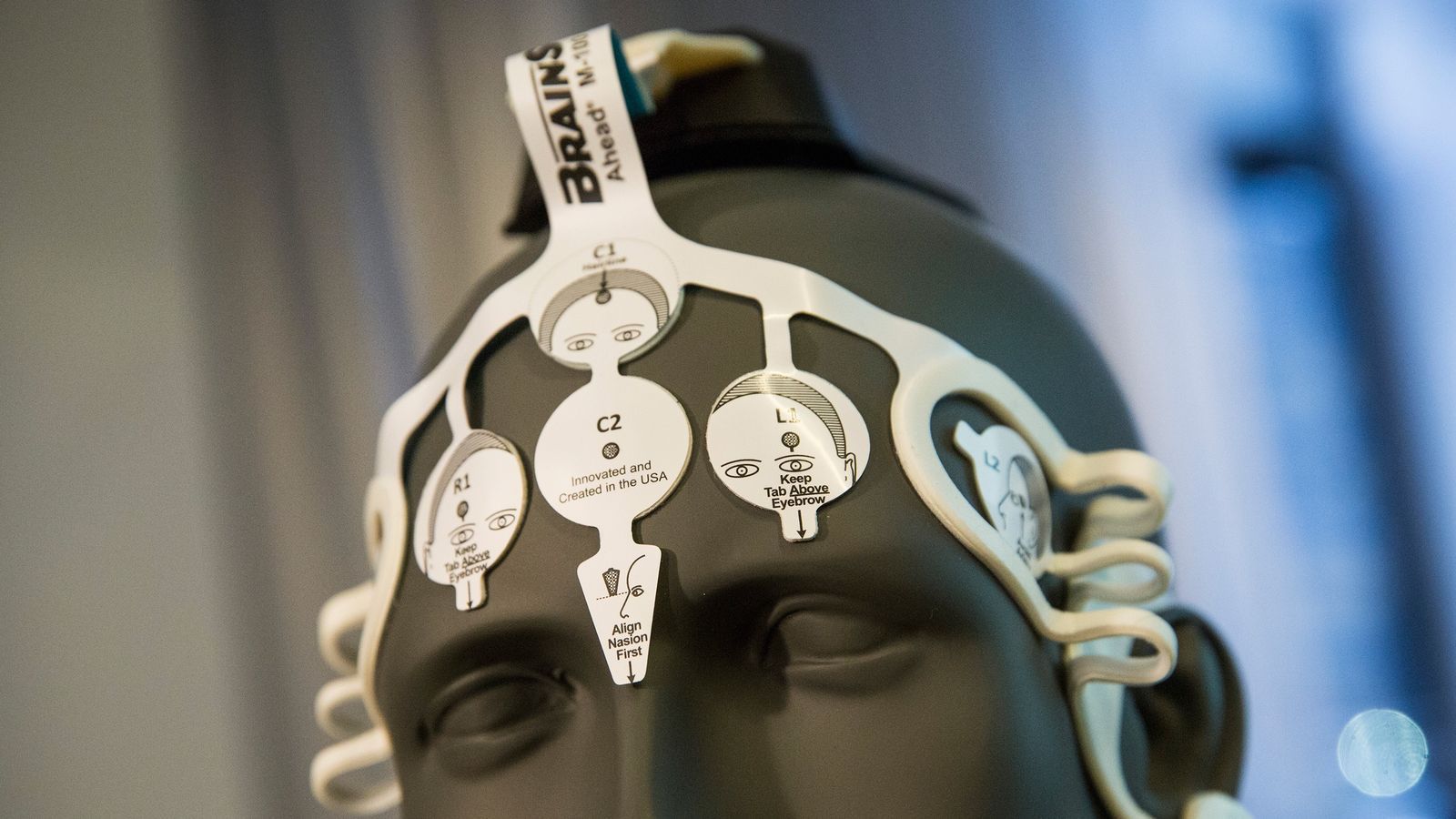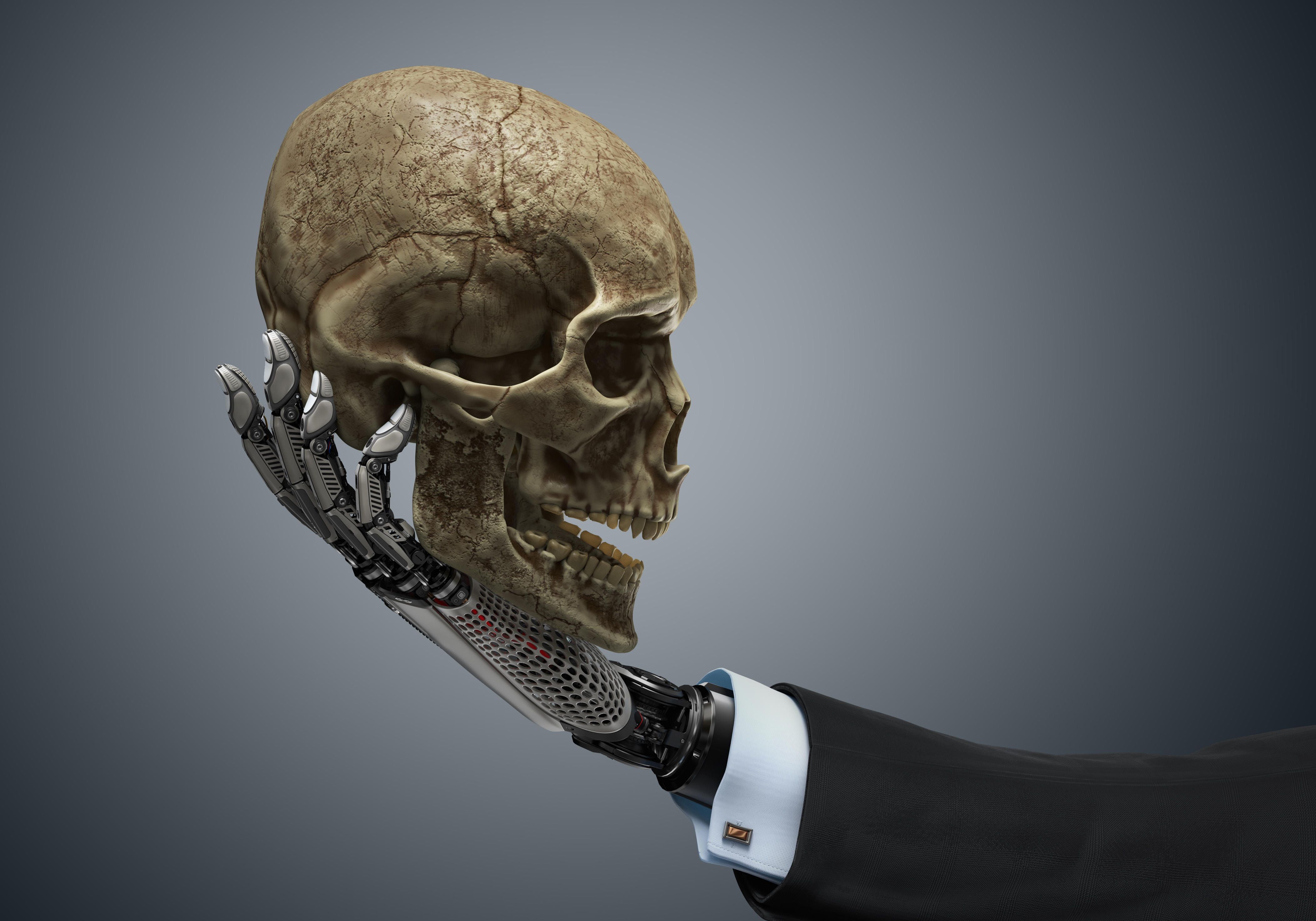Tom Gruber says AI memory enhancement is inevitable.




Following the principle set in the first version, Tallinn Manual 2.0 – a document that provides guidance on how the existing international law could be adapted to cyber operations in the most appropriate way – reiterates that cyber activity should not be perceived as happening in a legal vacuum.
Estonia has become one of the forerunners and success stories of introducing digital identity, e-governance and an online voting system. The e-residency programme, which allows foreign citizens living outside of the physical national borders of Estonia to obtain a secure digital identity and benefit from some of the services available, has further increased the interest in Estonia’s digital developments, contributing to Estonia’s image as one of the world’s most digitally advanced countries.
This impressive degree of integration means e-dimension is no longer solely the playfield of the IT sector. As this new dimension is rapidly gaining ground, various topics need to be addressed, including (and perhaps most importantly) security.

Legal frameworks, regulations and standards under the topic Defending the Core.
2017 will focus on the fundamental aspects of cyber security with a theme of Defending the Core. The 9th International Conference on Cyber Conflict will be held in Tallinn from May 30 through June 2, 2017.
CyCon is organised by the NATO Cooperative Cyber Defence Centre of Excellence. Every year, over 500 decision-makers and experts from government, military and industry from all over the world approach the conference’s key theme from legal, technology and strategy perspectives, often in an interdisciplinary manner.
LATEST NEWS

The innovation office has a particular focus on technology and data, and it is working with such titans as Apple chief executive Tim Cook, Microsoft founder Bill Gates, Salesforce chief executive Marc Benioff, and Tesla founder and chief executive Elon Musk. The group has already hosted sessions with more than 100 such leaders and government officials.
The Office of American Innovation aims to overhaul government functions using ideas from the business sector. The president’s son-in-law will lead the Office of American Innovation, which wants to overhaul government by using ideas from the business sector.
If you think augmented reality is only fun and games, consider that we’ve already witnessed the first known police action taken against hologram technology. During the summer of 2015, a performance by controversial gangster-rapper, Keith Cozart, was shut down when local police discovered the musician was broadcast as a hologram into a benefit concert in Indiana—close to the border of his home state of Illinois.
Cozart, who goes by the stage name “Chief Keef,” is from a rough neighborhood in Chicago, and has ties to local gangs as well as a criminal record including felony gun charges. His music, which glamorizes a gang lifestyle and violence, has prompted public officials—including Chicago mayor Rahm Emanuel—to pressure music festivals to avoid inviting Cozart because they say it poses a “significant public safety risk.”
Due to outstanding warrants for his arrest, Cozart can’t even return to Chicago, and so unable to perform in the area, he took the innovative approach of performing from California, but as a hologram beamed into the Indiana music festival. But even that was too much for police, and the performance was immediately stopped.
The workplace is going to look drastically different ten years from now. The coming of the Second Machine Age is quickly bringing massive changes along with it. Manual jobs, such as lorry driving or house building are being replaced by robotic automation, and accountants, lawyers, doctors and financial advisers are being supplemented and replaced by high level artificial intelligence (AI) systems.
So what do we need to learn today about the jobs of tomorrow? Two things are clear. The robots and computers of the future will be based on a degree of complexity that will be impossible to teach to the general population in a few short years of compulsory education. And some of the most important skills people will need to work with robots will not be the things they learn in computing class.
There is little doubt that the workforce of tomorrow will need a different set of skills in order to know how to navigate a new world of work. Current approaches for preparing young people for the digital economy are based on teaching programming and computational thinking. However, it looks like human workers will not be replaced by automation, but rather workers will work alongside robots. If this is the case, it will be essential that human/robot teams draw on each other’s strengths.

A team of engineers at the University of California San Diego and La Jolla-based startup Nanovision Biosciences Inc. have developed the nanotechnology and wireless electronics for a new type of retinal prosthesis that brings research a step closer to restoring the ability of neurons in the retina to respond to light. The researchers demonstrated this response to light in a rat retina interfacing with a prototype of the device in vitro.
They detail their work in a recent issue of the Journal of Neural Engineering. The technology could help tens of millions of people worldwide suffering from neurodegenerative diseases that affect eyesight, including macular degeneration, retinitis pigmentosa and loss of vision due to diabetes.
Despite tremendous advances in the development of retinal prostheses over the past two decades, the performance of devices currently on the market to help the blind regain functional vision is still severely limited—well under the acuity threshold of 20/200 that defines legal blindness.

Transhumanism appearing in the American Association for the Advancement of Science’s (AAAS) magazine: Science…
Modern technology and modern medical practice have evolved over the past decades, enabling us to enhance and extend human life to an unprecedented degree. The two books under review examine this phenomenon from remarkably different perspectives.
Mark O’Connell’s To Be a Machine is an examination of transhumanism, a movement characterized by technologies that seek to transform the human condition and extend life spans indefinitely. O’Connell, a journalist, makes his own prejudices clear: “I am not now, nor have I ever been, a transhumanist,” he writes. However, this does not stop him from thoughtfully surveying the movement.
The book mostly comprises O’Connell’s encounters with transhumanist thought leaders in an assortment of locales ranging from lecture halls to Silicon Valley start-ups to transhumanist conferences and even the campaign trail, where O’Connell interviews Zoltan Istvan, a transhumanist and 2016 U.S. presidential candidate whose goal is “to promote investment in longevity science.”
O’Connell’s interaction with Max More, the president and CEO of the Alcor Life Extension Foundation, the world’s largest commercial cryopreservation facility, is particularly timely, because the legal, social, and ethical issues related to cryopreservation are far from settled. Likewise, as O’Connell notes, the promise of cryonics relies on the improbable notion that science will someday enable reanimation.

Na JPMorgan Chase & Co., uma máquina de aprendizagem está analisando os acordos financeiros que antes mantinham equipes jurídicas ocupadas por milhares de horas.
O programa, chamado COIN, para o Contrato de Inteligência, faz a tarefa de interpretar acordos de empréstimo comercial que, até que o projeto foi lançado em junho, consumiu 360 mil horas de trabalho por ano por advogados e agentes de crédito. O software revê os documentos em segundos, é menos propenso a erros e nunca pede férias.
No que diz respeito à COIN, o programa ajudou a JPMorgan a reduzir os erros de manutenção de empréstimos, a maioria resultante de erro humano na interpretação de 12.000 novos contratos por ano, de acordo com os seus criadores.